Mitsubishi announced yesterday that it is ending production of the Pajero and shutting down its plant, Pajero Manufacturing Co., Ltd., responsible for building the legendary SUV since the model’s inception in 1982. This is not exactly surprising, as Mitsubishi announced in 2019 that Pajero sales were ending in Japan. At the time it said they would continue making them for the rest of the world, but now that is coming to an end by September 2021. Since we already had our elegy for Pajero the car back then, let’s use this opportunity to talk about Pajero the factory.
As with many Japanese companies, Mitsubishi incorporates many of its factories as separate business entities. In most cases, these entities are called something like Toyota Motor Hokkaido, Ltd. or something to that effect. Rarely is the name of the subsidiary the actual name of the model it builds, but that’s how strong the Pajero name was to Mitsubishi and Japan.
Mitsubishi is a very old company, originating from the days of the samurai, and what would become Pajero Manufacturing originally made airplane parts in 1943. After the war, in 1949, the plant was repurposed for making land vehicles. Specifically, they built the Mitsubishi Jeep, under license by Willys, to help the US gear up for the Korean War. After the cease-fire along the 38th parallel, Mitsubishi built them for the Japan Self-Defense Forces, non-military government departments such as the Forestry Agency, and for civilian use.



The plant was relocated several times over the decades, and was versatile enough that it could build a variety of wildly different products. When there was excess capacity, they even sold that capacity to other car companies. The things built at this facility (called Toyo Koki Co., Ltd. before the Pajero SUV was introduced) included pickup beds for the Mitsubishi Forte (aka Dodge Ram D50 and Plymouth Arrow Truck), Mitsubishi escalator trusses, and cabover versions of the Toyota DA, a heavy duty truck.




Perhaps the weirdest thing it made was the Honda City Cabriolet, which is not at all like a ladder-frame truck, or an escalator. It must have been a pretty lucrative gig, though, as the City Cabriolet ranked as Japan’s best-selling convertible from production start in June of 1984 until the NA Mazda Roadster knocked it off its sales throne.
Mitsubishi began Pajero production in February 1982. It quickly became one of the most popular SUVs in Japan, riding a recreational vehicle boom and wave of notoriety from its wins at the Paris-Dakar Rally. By May 1995 the factory had produced one million of them, and in July 1995 it officially changed its name to Pajero Manufacturing Co., Ltd. Fast forward to today, and the plant has built 3.2 million Pajeros in total, only 645,984 of which were sold in Japan.
The factory also built Challengers (aka Mitsubishi Montero Sport), Outlanders, the Type 73 half-ton truck (a self defense forces-only vehicle based on the Pajero), and perhaps Mitsubishi’s second most recognizable model in Japan, the Delica van. In fact, in the lobby sat a display with a first-gen Delica and the 1985 Dakar Rally-winning short-wheelbase Pajero.
The little town of Sagahogi, Gifu Prefecture where the factory is located is nicknamed “Pajerotown” because it’s the main employer there. According to NHK, Pajero Manufacturing accounted for 16 percent of the town’s tax revenue. However, the year-to-date production of the entire plant was just 63,000 units last year for all models, including Pajero sales abroad. By contrast, at its peak in 1992, Mitsubishi sold 84,000 Pajeros in Japan alone.
It’s no secret Mitsubishi Motors is in trouble. As reported by Reuters, the carmaker expects an operating loss of $1.33 billion in the fiscal year ending March 2021. That’s billion, with a B. At the same time the closing was announced, CEO Takeo Kato also said Mitsubishi would redirect its meager resources toward southeast Asian markets while suspending new models in Europe altogether. The coronavirus has only exacerbated the problem, forcing Mitsubishi to rethink its global strategies.
When Pajero Manufacturing closes its doors, it will also mean the end of the Pajero itself. Last year, when sales ended in Japan there was at least the hope that it would live on in other parts of the world. Now, that is no longer the case. Production of remaining models will be transferred to other factories, but the Pajero’s body-on-frame construction would mean a costly retooling at those facilities.
With the closure, just like when Toyota shut down its inline-six engine lines, it’s almost certain that Mitsubishi will never make a truck like the Pajero again. It would simply be too expensive to restart production with new tooling. Pajero Manufacturing did offer tours until the coronavirus struck, but there are no plans to resume them at this time. Instead, you can watch this series of videos before bidding sayonara to the truck and the eponymous factory where it was made.
Images courtesy of Mitsubishi Motors.



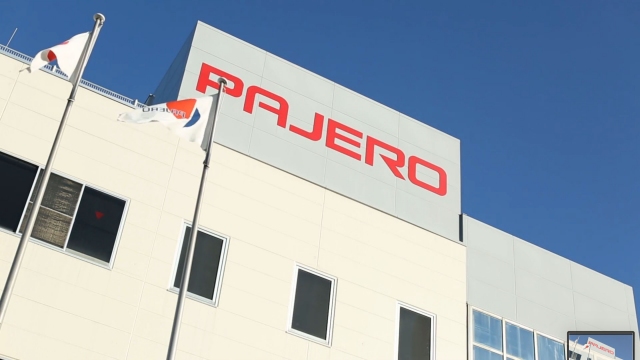
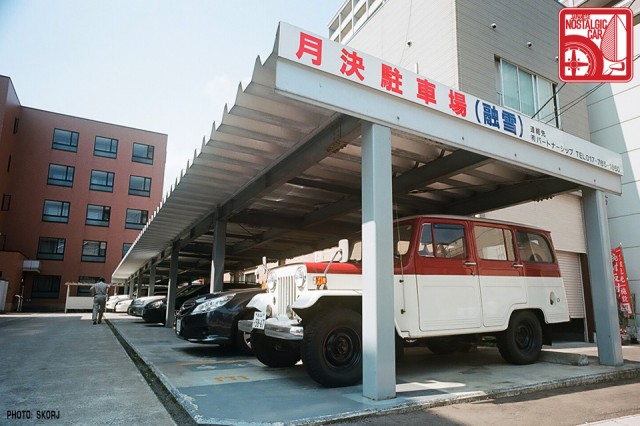
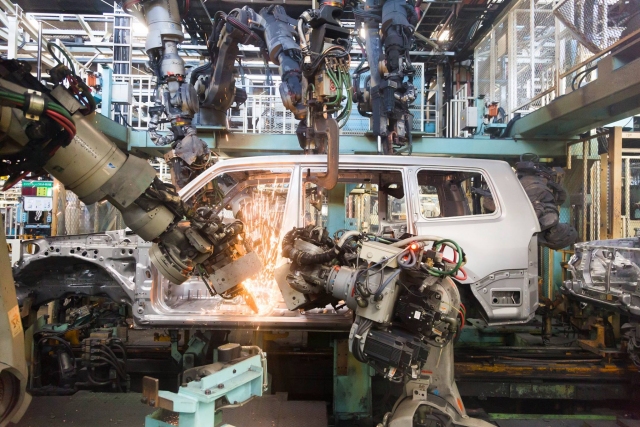
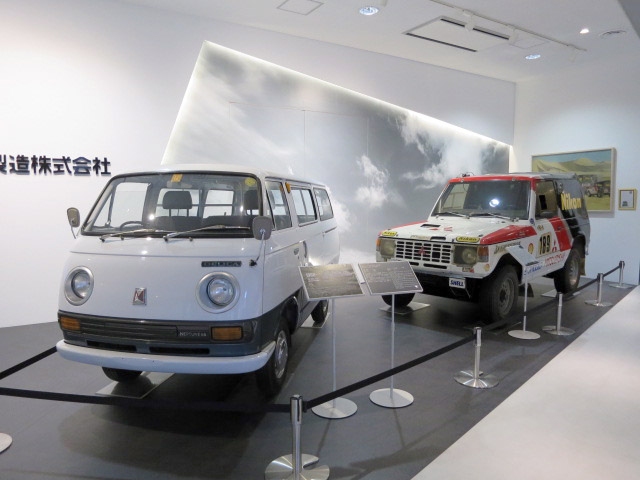
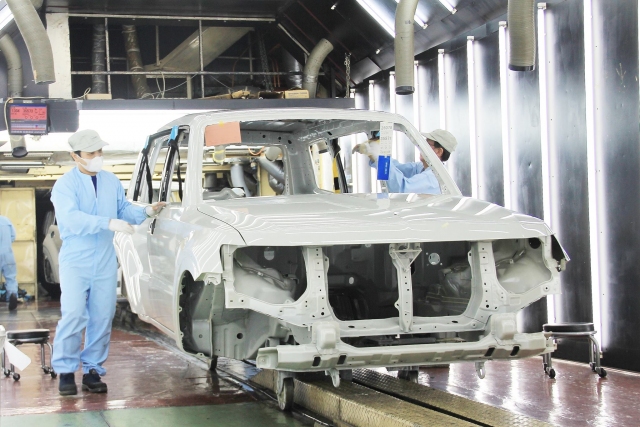
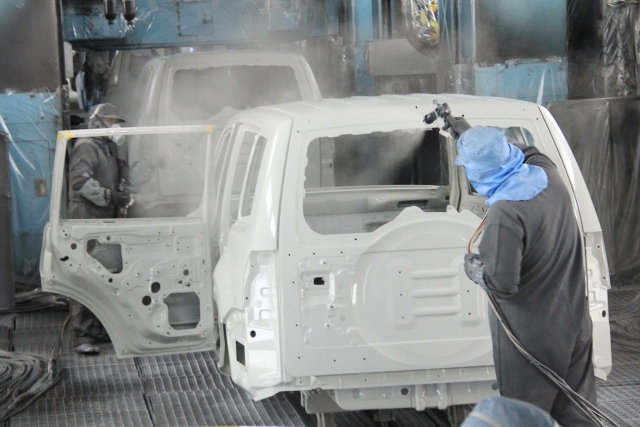
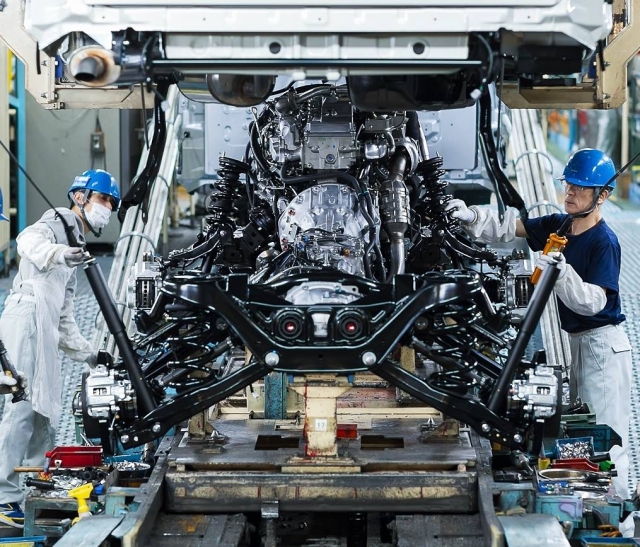
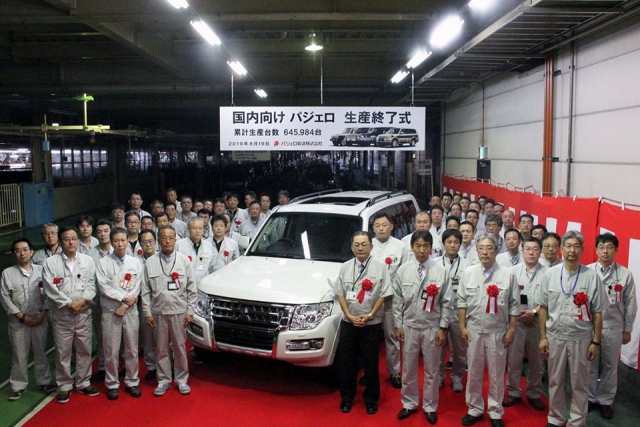

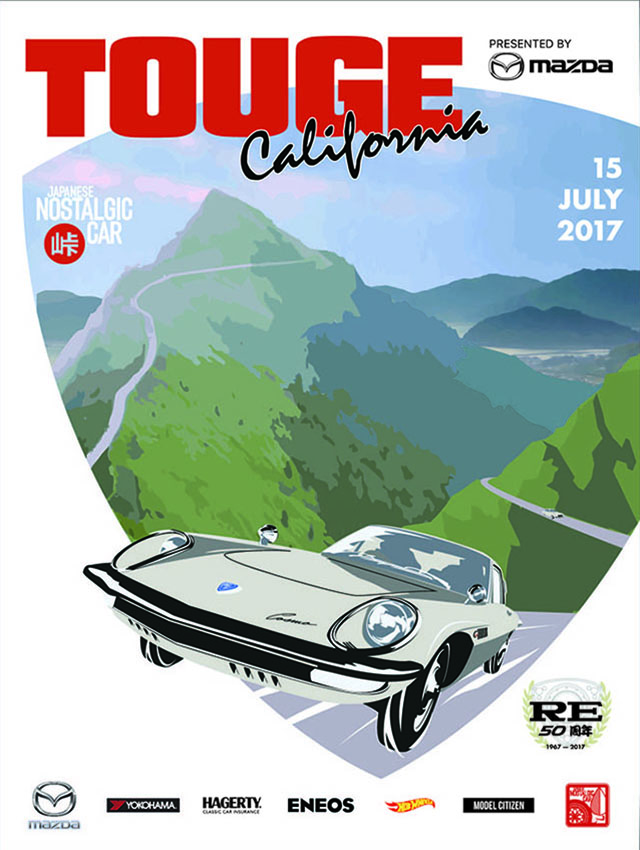


Very sad news. Saddest part is how great engineering and design and technology is let down by totally pathetic management, the management that had no knowledge of how to run anything, should be lined up against a brick wall and shot
Mitsubishi has just announced that they are pulling out of Europe, honestly what is the point of collaboration with Nissan if they could not share the dealership. Honestly, beats me
Mitsubishi also made Jeep like vehicles for the USA under aid to foreign allied nations. It had a gutsy Mitsubishi 4 cylinder engine and could hill climb like a bat out of hell. I rode one in Korea and preferred it to the original US military Jeep.
It is the end of an era for a brand like Mitsubishi with great moments in the 80s and 90s and a bit of limbo in the 2000s. I am surprised in the photo by the number of older operators while in videos in the quality control part they are much younger. How much experience and knowledge is lost with this closure, surely there will be interesting stories and probably someone was in the first model and closes the cycle assembling the last one. Mitsubishi should document that process, it would be very interesting.
That would be amazing if they did that. I agree wholeheartedly with your sentiments. Very well said!
IDK… maybe sales were sagging, but Mitsubishi completely abandoning their historically best selling SUV seems like a poor decision.
I would love the pajero for hauling mail. It really makes sense especially in Wisconsin, Minnesota, Michigan ect. Please get them here.
Until Mitsubishi Motors can answer the question – “Why do you exist?” – they will continue to justifiably slide.
The plan is for each of the Renault-Nissan Alliance’s three main brands to focus on the regions they’re strongest in; Renault in Europe, Nissan in the Americas, Mitsubishi in southeast Asia and Australia.
I fully expected the Pajero and Nissan Patrol to have a common replacement, but I suppose Covid accelerated that.
I am really disappointed. How can this juggernaut of industry have such a disappointing direction in their products? I had rooted for the Mitsubishi MRJ jet since it’s inception.In what was to be an innovative airframe, they bungled it into the ground. They’ve bungled
a household name in cars into the ditch. And now, they’ve rolled their light truck / SUV brand right off a cliff. Is the consumer marketplace no longer a place to be for Mitsubishi?
They will always be in my heart charging across the desert in the Dakar Rally.
I had an 87 Dodge Raider (which was a lightly rebadged Montero 3 door) and loved it. Unfortunately rust, the carburetor, and the timing chain failure finished it off or I would likely still have it.
this is such sad news for Australia. I did so much research on 4×4 before we purchased our 25th anniversary 2008 model. no matter what year or model I researched the Pajero was always better than any other vehicle and still is